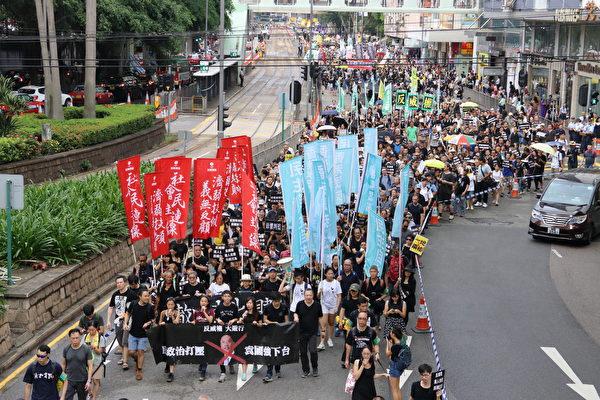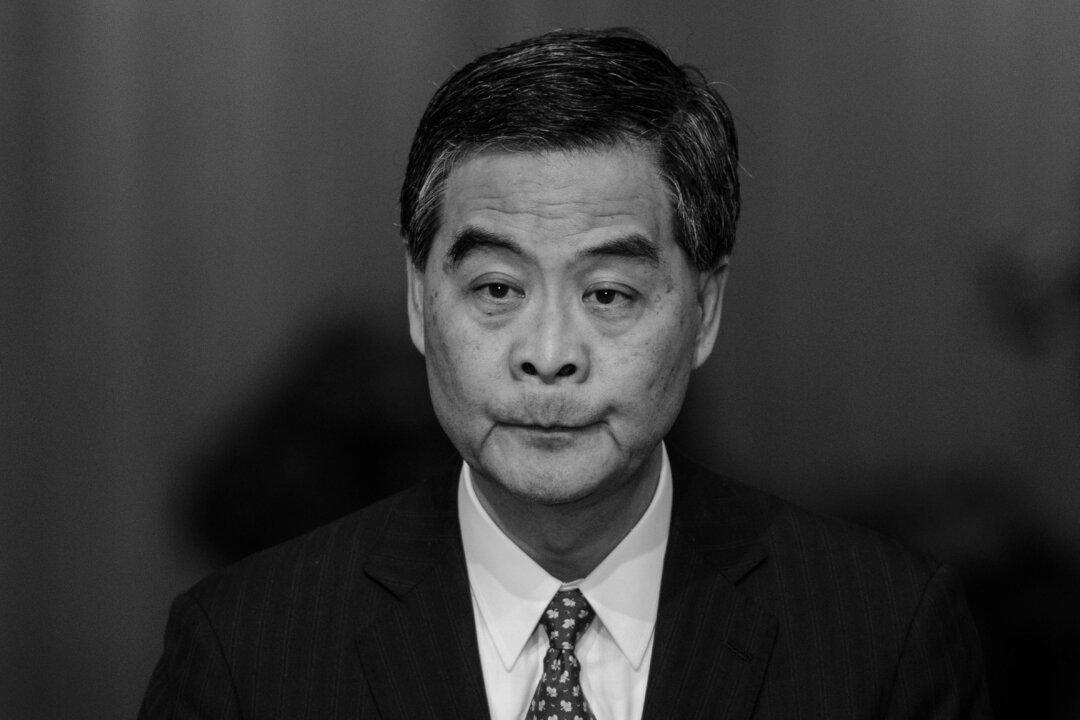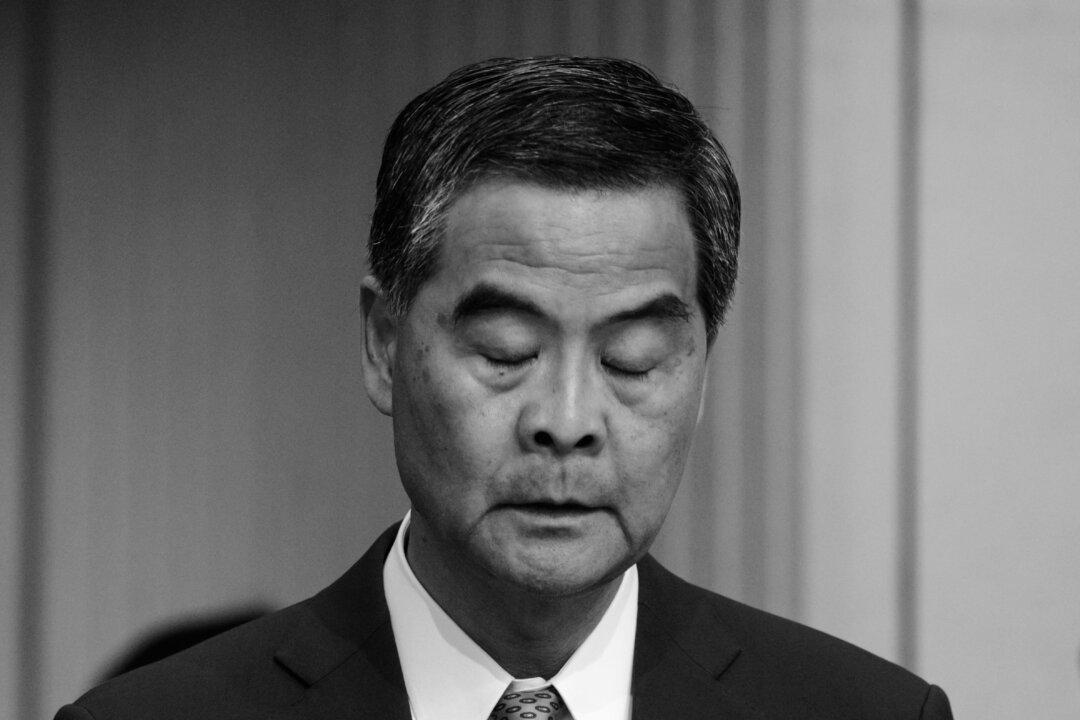Hong Kong—Across mainland China, Oct. 1 marks the day the Chinese Communist Party (CCP) took over the country and established the People’s Republic of China. The regime mandates a week-long holiday meant for celebration.
But in Hong Kong, 40,000 city residents took to the streets to protest the CCP’s rule, calling the occasion “a day of mourning.”




